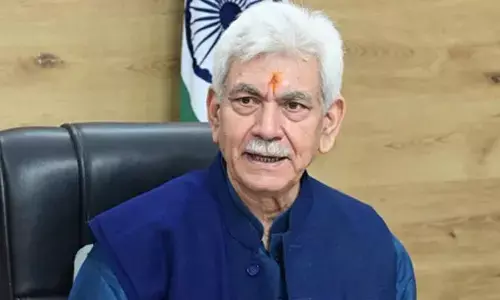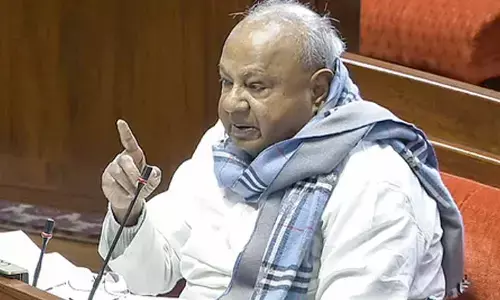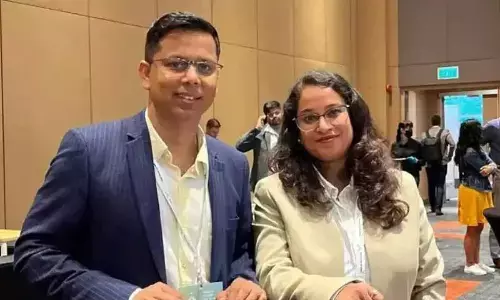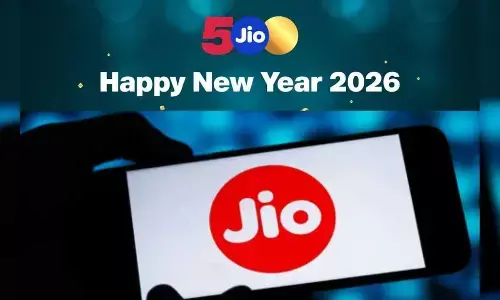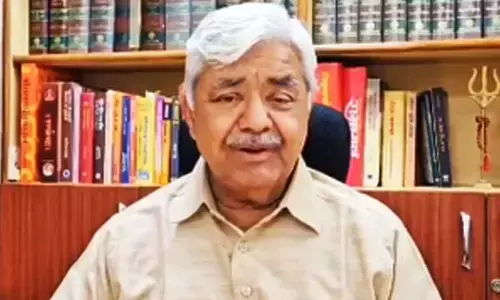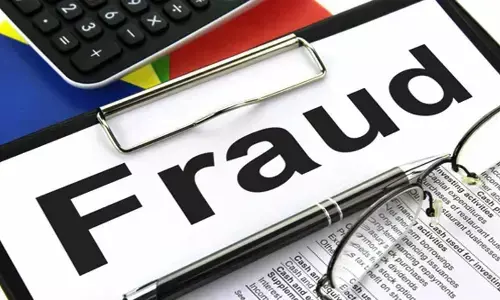Karnataka RTC Fare Hike: Diesel and Salary Costs Lead to 15% Increase, Impacting Shakti Scheme
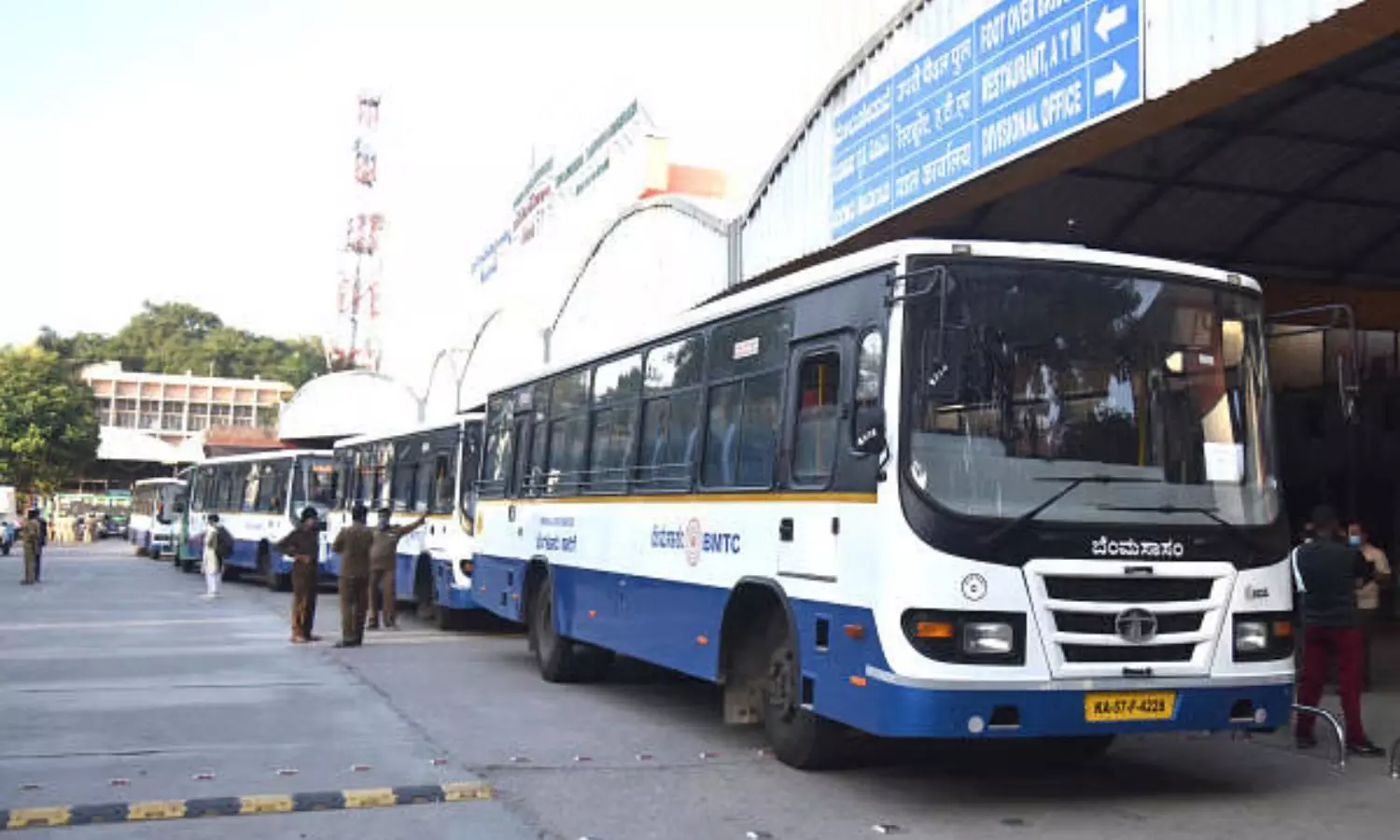
Karnataka government announces a 15% fare hike for RTC buses due to rising diesel and salary costs. The increase will affect the Shakti scheme, but it will continue with government support.
From midnight on January 4, passengers using all government-run buses in Karnataka will have to pay 15% more for fares. The state cabinet approved the fare hike on Thursday, which will affect all types of bus services—city, ordinary, express, and deluxe/premium—across the four Road Transport Corporations (RTCs) in Karnataka: KSRTC, NWKRTC, KKRTC, and BMTC.
This is the first fare increase for KSRTC, NWKRTC, and KKRTC since February 26, 2020, when fares were raised by 12%. BMTC last raised fares by 17% on April 25, 2014, but reduced them by 2% the following year.
The fare increase will round off to the nearest rupee. For example, BMTC's current base fare of Rs 5 will increase to Rs 6. Other RTCs will follow a similar pricing model for their city bus services. Long-distance travel fares will also increase by up to 15%.
Law and Parliamentary Affairs Minister HK Patil explained that the fare hike was needed to help the RTCs manage their financial challenges. The government considered raising fares by 13% to 15%, and chose the 15% increase after looking at fares in neighboring states like Telangana, Andhra Pradesh, and Maharashtra.
The fare hike is expected to generate an additional Rs 74.85 crore per month for the RTCs, although bus ticket prices in Karnataka will still be lower than in Andhra Pradesh, Telangana, and Maharashtra. From April to November 2024, the RTCs' total revenue was Rs 8,418.46 crore, while their expenses amounted to Rs 9,511.41 crore, resulting in a net deficit of Rs 1,092.95 crore.
Increased costs for diesel and staff salaries have led to daily financial losses. Diesel costs have risen from Rs 9.16 crore to Rs 13.21 crore per day, and staff salaries have increased from Rs 12.85 crore to Rs 18.36 crore daily, adding Rs 9.56 crore to daily expenses.
The fare hike will affect the Shakti scheme, which provides free travel for women on non-premium buses. However, Minister Patil assured that the scheme will continue, with support from the government.
The fare increase also addresses concerns from RTC employees, who have been on strike over a pending pay raise. Chief Minister Siddaramaiah plans to meet the unions after Sankranti to discuss the issue.
Key Stats:
- Number of buses: 25,337
- Daily services: 23,038
- Average daily ridership: 1.16 crore
- Shakti scheme beneficiaries: 64 lakhs
- Employees: 1,01,648
- Total revenue (April to Nov 2024): Rs 8,418.46 crore
- Total expenditure (April to Nov 2024): Rs 9,511.41 crore
- Net deficit: Rs 1,092.95 crore
- RTCs' total financial liabilities (as of Dec 31, 2024): Rs 6,520.14 crore
- 15% fare hike expected to bring an additional Rs 74.85 crore per month
- Shakti scheme cost (April to Nov 2024): Rs 3,951.11 crore
- Government reimbursement for Shakti scheme: Rs 3,343.33 crore
- Budget allocation for Shakti scheme: Rs 5,105 crore
- Monthly reimbursement for Shakti scheme: Rs 417.92 crore
- Total fare revenue: Rs 7,948.27 crore
- Non-Shakti fare revenue: Rs 3,997.16 crore








